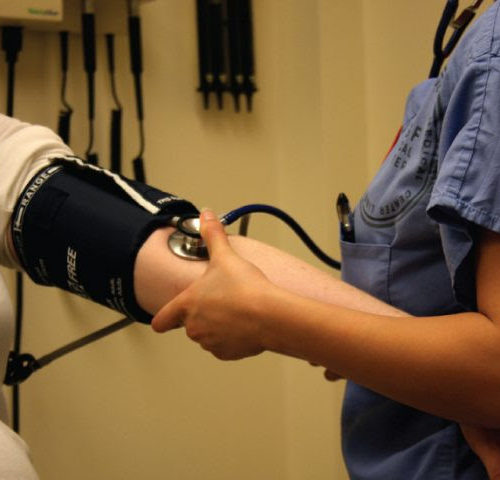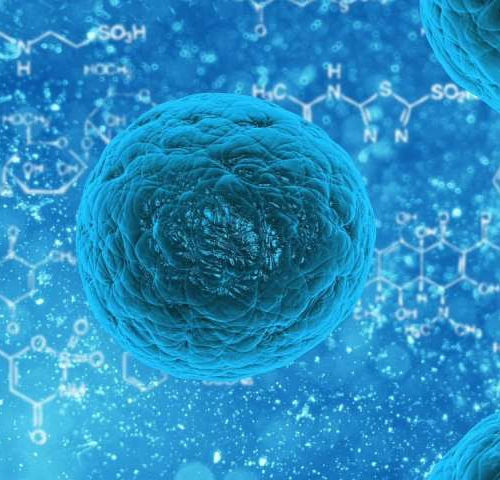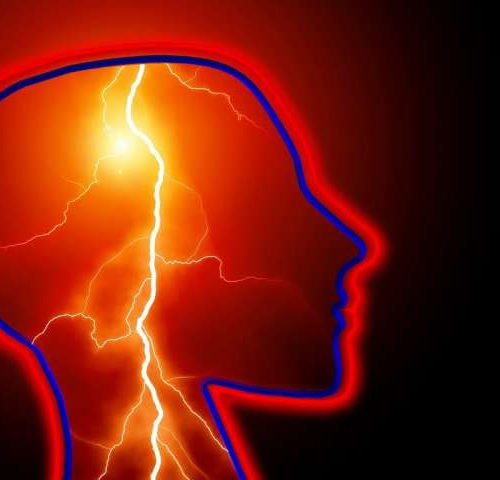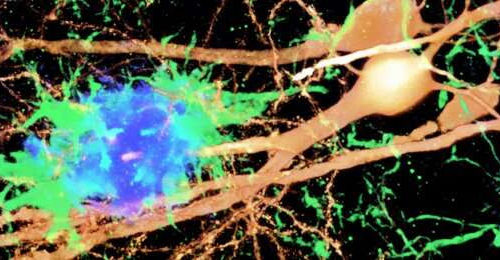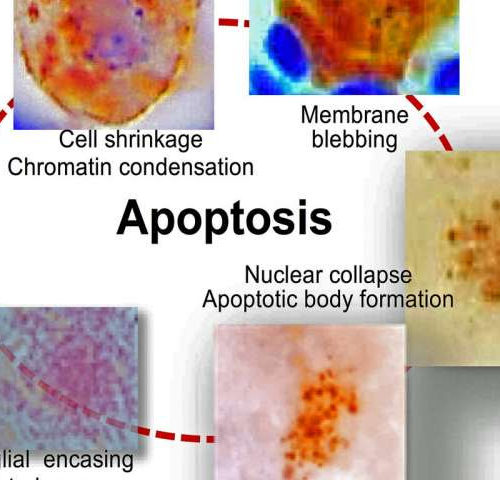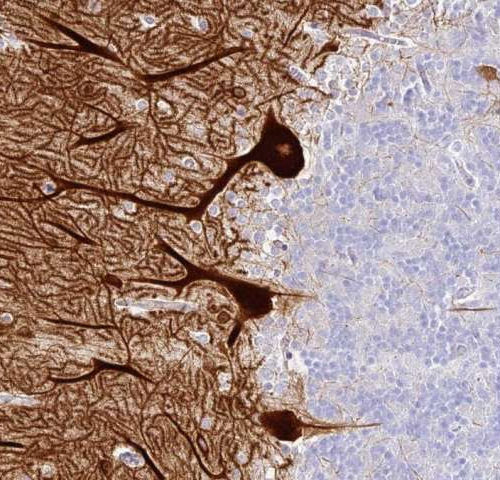High blood pressure, or hypertension, affects everything from your arteries to your kidneys, from eyesight to sexual function. Among older adults, high blood pressure is also associated with cognitive decline as a result of interrupted blood flow to the brain, as well as strokes, heart attacks, and impaired mobility. A new Northwestern University–Tel Aviv University...
Common autistic personality test lacks reliability and may not be capturing the right signs
Reviewed by James Ives, M.Psych. Psychologists at the University of Bath, King’s College London, and Cardiff have found that a common test used by doctors and researchers to measure autistic personality traits lacks reliability and might not be capturing the right signs of autism. This means that research including scores from this test may lack...
Coronavirus and handwashing: research shows proper hand drying is also vital
by Julian Hunt and John Gammon, The Conversation With the number of people infected with coronavirus increasing around the world on a daily basis, the World Health Organization (WHO) has advised everyone to regularly and thoroughly clean their hands. This can be either with an alcohol-based hand rub or with soap and water. The hope...
One-two punch for cancer
by Sanjay Mishra, Vanderbilt University Many cancer cells evade critical DNA surveillance and maintenance by increasing the export—by the Exportin-1 (XPO1) nucleo-cytoplasmic transport protein—of nearly all major tumor suppressor proteins from the nucleus. Thus, overexpression of XPO1 is often an indicator of poor prognosis in numerous malignancies. Evasion of apoptosis, programmed cell death, is another...
Study finds music therapy helps stroke patients
by Anglia Ruskin University New research has found that music therapy sessions have a positive effect on the neurorehabilitation of acute stroke patients, as well as their mood. The study—the first large-scale investigation into the feasibility of delivering these exercises—was led by Dr. Alex Street, of Anglia Ruskin University (ARU), and was carried out on...
Researchers discover new stem cells that can generate new bone
by University of Connecticut A population of stem cells with the ability to generate new bone has been newly discovered by a group of researchers at the UConn School of Dental Medicine. In the journal Stem Cells, lead investigator Dr. Ivo Kalajzic, professor of reconstructive sciences, postdoctoral fellows Dr. Sierra Root and Dr. Natalie Wee,...
Connecting interferon, neuroinflammation and synapse loss in Alzheimer’s disease
by Ana María Rodríguez, Ph.D., Baylor College of Medicine When immunologist Dr. Wei Cao joined Baylor College of Medicine three-and-a-half years ago, her first project was to investigate how inflammation contributes to Alzheimer’s disease. “Alzheimer’s is the most common cause of dementia among older adults. The current understanding is that, in addition to having beta-amyloid...
The search for a biological link between reactivated HSV and neurological disease
by Cincinnati Children’s Hospital Medical Center Without even knowing it, most of us carry around latent Herpes Simplex Virus (HSV) in our nervous system—a simple result of being born and living together with others carrying the virus. This illustration shows the stepwise apoptotic (a form of cell death) path that a trigeminal sensory neuron undergoes...
Study suggests our brains use distinct firing patterns to store and replay memories
by National Institutes of Health In a study of epilepsy patients, researchers at the National Institutes of Health monitored the electrical activity of thousands of individual brain cells, called neurons, as patients took memory tests. They found that the firing patterns of the cells that occurred when patients learned a word pair were replayed fractions...
Researchers publish digital atlas of all human brain proteins
by Karolinska Institutet An international team of scientists led by researchers at Karolinska Institutet in Sweden has launched a comprehensive overview of all proteins expressed in the brain, published today in the journal Science. The open-access database offers medical researchers an unprecedented resource to deepen their understanding of neurobiology and develop new, more effective therapies...

